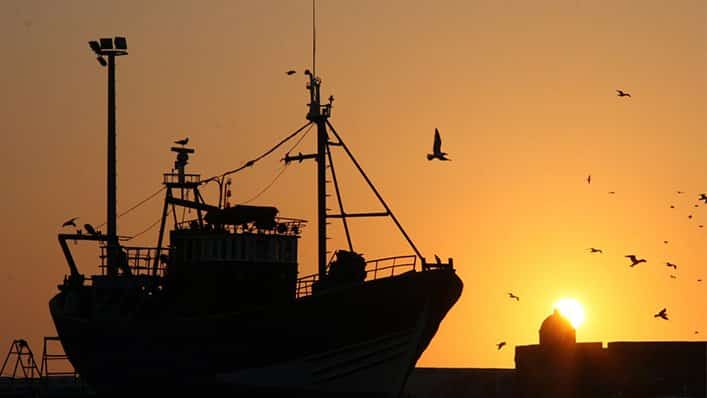Los Miembros de la OMC debaten cómo reducir el número de cuestiones abarcadas en las negociaciones sobre subvenciones a la pesca
Varios Miembros solicitaron que se preparara un proyecto de texto de acuerdo antes de la pausa de agosto.

Ten WTO members, including both developed and developing countries, stated that a consolidated draft showing different simplified options for issues under negotiation should be completed before the summer break. Two of these members spoke on behalf of groups of members. Some members further highlighted the importance of meeting the 30 June deadline for members to submit notifications of their fisheries subsidies to provide information essential for progressing in the negotiations.
The chair of the Negotiating Group, Ambassador Roberto Zapata Barradas (Mexico), had called the meeting to seek strategic direction from heads of delegations and develop a clear basis for intensifying work for the final phase of negotiations after the summer break. Some 40 members took the floor and voiced their positions on issues such as how detailed sustainability obligations should be in the agreement, how to approach concerns over flexibilities, transparency of members’ measures, dispute settlement, the scope of the agreement, and how to deal with definitions of terms that could be included in the disciplines. Many members remarked that progress has so far been slow, that the WTO is not a fisheries management organization and the negotiations should focus on subsidies to fishing. Work needs to intensify for the end-2019 target to be met, they said.
Members heard that some delegations plan to circulate new proposals soon, as reported in the most recent cluster of fisheries meetings held from 6 to 10 May. These could include a new proposal for monetary caps on fisheries subsidies, a text on special and differential treatment for developing members, and a comprehensive proposal covering different issues under negotiation. Members also proposed to circulate draft texts about subsidies for fishing in the high seas and for fishing of stocks that are overfished.
Members are already considering two «capping» proposals, along with one proposal on prohibitions for exploiting overfished stocks, another on subsidies that contribute to overcapacity of fleets, and a short text proposing to include fuel subsidies directed at general recipients and not a specific sector. Besides these, members also have before them proposals tabled in the run-up to the 11th Ministerial Conference held in Buenos Aires last December 2017. These papers had been compiled into a streamlined text.
Under the current work programme for the negotiations, members have two more clusters of meetings scheduled for June and July before the August break. The next cluster of meetings is scheduled for 10-14 June.
















